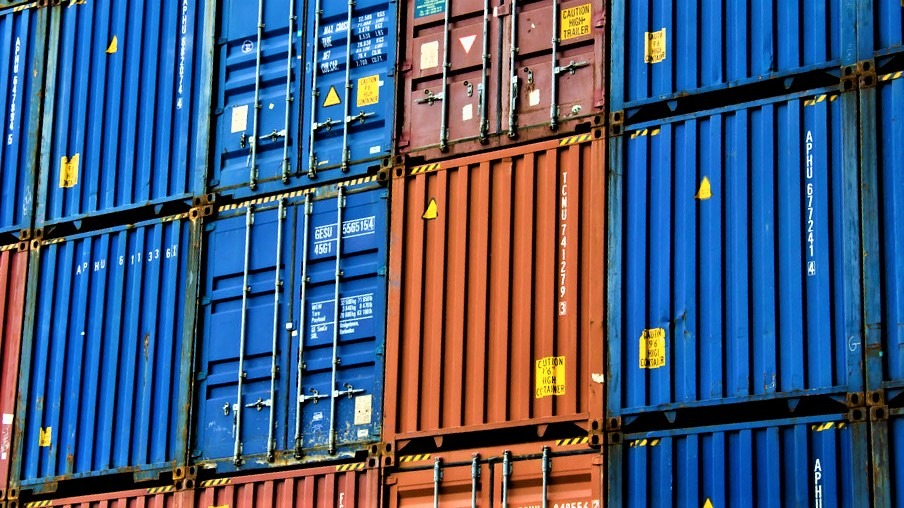As The Currency’s team joined thousands across the country in working remotely to prevent the spread of Covid-19, I went on the hunt for a wireless broadband modem to supplement the unreliable wired connection into my rural home more than one week ago. The machines sold by the main Irish networks are made by Huawei. “We’re out of stock. They come from China and… you know,” a Vodafone shop employee said to me, putting up his latex-gloved hands. I received the same response in other outlets. To this date, shipments have not arrived. The Huawei home wireless broadband modem is…
Cancel at any time. Are you already a member? Log in here.
Want to read the full story?
Unlock this article – and everything else on The Currency – with an annual membership and receive a free Samsonite Upscape suitcase, retailing at €235, delivered to your door.

